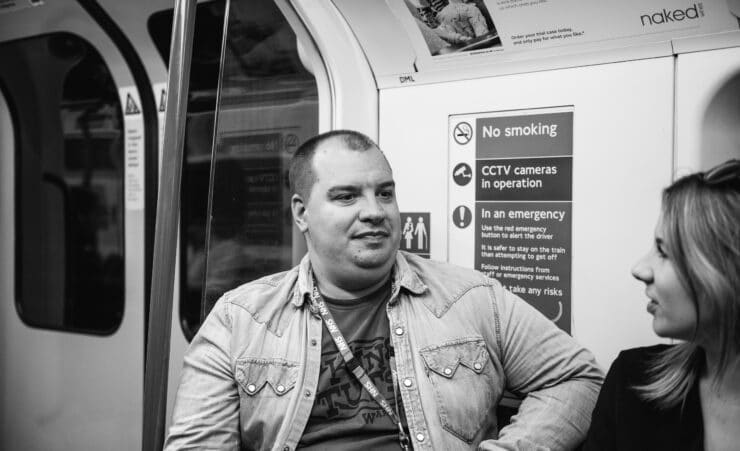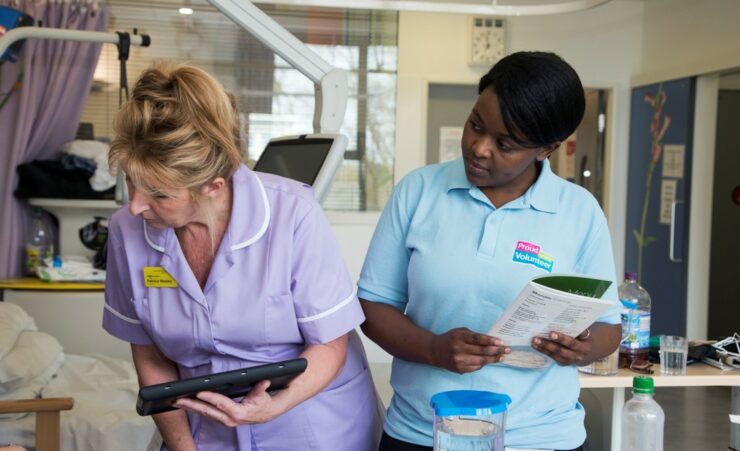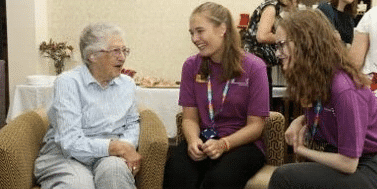
Old dogs, new tricks?
Learning from lockdown blog series
The pandemic has given fresh energy to some long-held frustrations with foundation practice. It’s not the first time that demand for trust-based relationships, core funding, flexibility, responsiveness, light-touch monitoring and shared reporting frameworks have come up, and there have been many stalled attempts to evolve funder practice. Whatever the radical fringes and self-image of the philanthropic world look like, foundations have generally proved themselves conservative and resilient institutions, in that our processes and practices (and personnel?) change at a glacial pace, and power is rarely shared or distributed.
But a national medical and social emergency, coupled with a summer of direct action and debate about racial justice, has put foundations’ structures and practices under more acute stress than before. It remains to be seen which orthodoxies will spring back and which we might have lost forever – willingly or otherwise. Could we be in the middle of an evolutionary leap, where before we’ve only managed small steps? What stopped us changing before, and are those structures still in place?
To figure this out, at Lankelly Chase we’ve been trying to tune into change at the level of ‘how’ and ‘who’, rather than just ‘what’. A new emergency fund here, or the suspension of an outcomes evaluation there, will have quite a low ceiling. But the remaking of a trustee board, the redistribution of decision-making rights in local places, and the creation of new centres of power have much greater transformative potential. As individuals, as organisations and as a sector, we should not just be looking to ‘build back better’ on the outside, but from within too: rather than seeing change as something that we create, support, resource or manage, it’s something that we seek to model and embody in the ways that we behave.
‘As individuals, as organisations and as a sector, we should not just be looking to ‘build back better’ on the outside, but from within too: rather than seeing change as something that we create, support, resource or manage, it’s something that we seek to model and embody in the ways that we behave.’
Complexity and adaption
It’s a normal human tendency to see the things which confirm our worldview and minimise those which challenge it. For our part at Lankelly Chase, we’ve long held that social change work isn’t characterised by simplicity or linearity, but by complexity and unpredictability. Covid didn’t introduce uncertainty to our world, but it has certainly increased our sensitivity to it. It’s also given us and our partners more freedom to sit with ‘not knowing’ and lack of control, and released some of the usual pressure to reach for comforting but spurious measures of performance or effectiveness.
For us, coronavirus has been further evidence that we’re living and working in a complex environment, and we’ve been trying to deploy our resources and attention accordingly. This means pivoting away from a focus on things like planning, delivery and assessment; and looking instead towards sensemaking, responding, and adapting to continuous change. We’ve sought to do this collectively, alongside networks in the places and partnerships we’ve invested in – not trying to ‘manage’ or to ‘assess’ but to inquire; and finding that “what have you noticed?” is a much deeper question than “what have you done?”. Instead of meticulous planning and retrospective evaluation, we’ve been able to act (and fund) with fewer conditions and more trust, and focus on putting the architecture in place to learn as we go. We’ve been trying to do this continuously and ‘in the moment’ (about which we’ve published a series of blogs), rather than waiting for the benefit of hindsight.
‘Instead of meticulous planning and retrospective evaluation, we’ve been able to act (and fund) with fewer conditions and more trust, and focus on putting the architecture in place to learn as we go.’
Back to the future(s)
As the pandemic has unfolded, it’s become increasingly difficult to separate conversations about crisis response from those about a post-Covid future. After an initial flurry of activity, the demand for quickfire cashflow support has died down (for now…) amongst Lankelly Chase’s funded partners (more on our approach here), and our hastily convened ‘emergency’ team has found itself inexorably drawn into deeper questions like “when is an emergency no longer an emergency?”. We’ve been forced to consider what kind of future we’re (re)building towards, what kind of environment we’ll be operating in, how our new context will be shaped, and who gets to decide.
At times the number of flatpack futures being offered has felt overwhelming, as thinkers of all stripes offer different visions of what society should look like. We’ve felt very aware of who has a platform, whose voices are loudest and whether they’re the same ones we usually hear, which is why initiatives like the Lottery’s ‘Emerging Futures Fund’ are so important – not just for centring different voices, but also for unashamedly investing in enquiry and imagination.
At a very simple level, the Covid-19 pandemic has unlocked charitable resources that might otherwise have remained in bank accounts or questionable investment funds. It’s given us both the opportunity and the cover to do more, more quickly, than we had originally planned, including undertaking bigger experiments with devolved power and participatory grant making. The test now will be how we can respond to our tendencies to slip back into the old habits we’ve professed to dislike, and ensure that what’s been proved possible becomes normal – even essential.
‘The test now will be how we can respond to our tendencies to slip back into the old habits we’ve professed to dislike, and ensure that what’s been proved possible becomes normal – even essential.’


